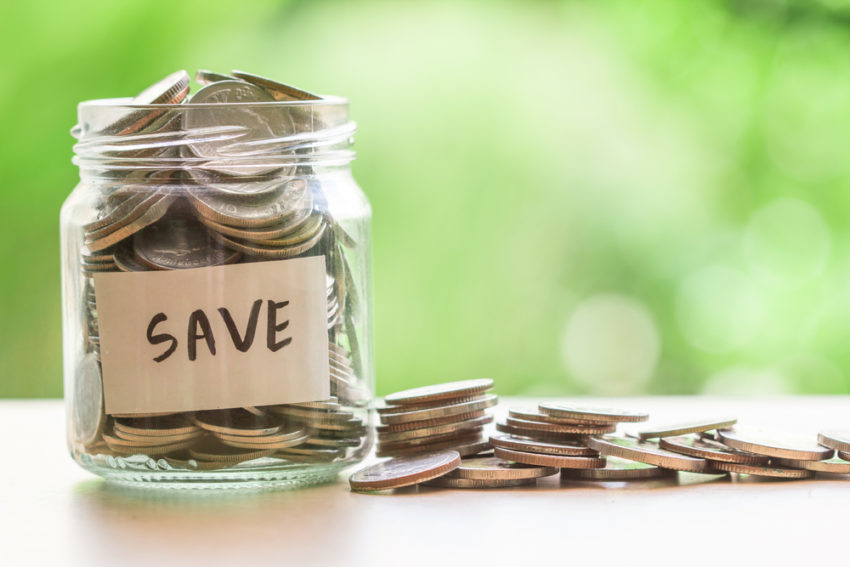‘Save it for a rainy day’ is a phrase we all heard when we were growing up.
It is likely something many of us have put into action, whether it’s saving for our pension or just putting away a little cash to cover emergency costs.
When it comes to running a small business, putting away some money for a rainy day could be incredibly important. In this article, we cover why saving is so important for small business owners, what you should do before you save and what to do if you have no savings but need to access cash fast.
Income volatility
As a small business owner, you likely spend at least some of your time worrying about income volatility. Volatility can affect almost every business. Whether you work in a seasonable business that sees heavy profit at certain times and very little income at other times or run a business that bases itself on trends that can disappear as quickly as they appeared.
Even businesses that operate in more established spaces can see serious income volatility when national or global factors like recessions begin to take hold.
Ensuring that you save during the good times adds a level of security to cover your usual income needs during the bad times. The Money Advice Service recommends that you should hold at least three months of expenses in an instant access account, which will buy you time should you need it.
When applying this to your business, you need to consider not only the cost of you and your employees’ salary, but also costs like office rent and software subscriptions.
Increasing & unexpected costs
Just like in our day-to-day lives, businesses face potential unexpected costs. These costs can be a nasty surprise and tend to pop up at the most inopportune moment.
Although certain insurances can protect you against some expected, unexpected costs, for example, public liability insurance; saving a level of cash in your small business to pay for costs that couldn’t possibly be predicted is also a good idea.
As a business you are not always able to immediately raise the price of your product or service, meaning if your supplier costs take an unexpected rise you may be stuck with a shortfall for some time. A pot of savings is a smart safeguard against rising costs within your industry.
Before you save
Saving is always a good idea, but before you do so it may be worth paying off any debts first.
The reason for this is the relative value of savings interest compared to the cost of most debts. For example, saving £1000 in a generous savings account may make you a 2% profit in interest. But £1000 in debt could easily cost you 20%+ in interest. By paying off the £1000 debt you effectively save yourself 20%+ rather than making the smaller 2% interest.
Ensure that you pay off any costly bank loans, credit cards or payday loans before saving cash.
What if I have no savings?
Sometimes multiple unforeseen costs can occur at once, leaving you with not enough to pay off the full amount. Or an unforeseen cost occurs before you have had a chance to build a savings pot within your small business.
In these cases, there are some options you can take to cover yourself financially. A credit card is one option for borrowing if it has the capacity to cover these costs, however, due to the often-immediate nature of unexpected expenses, a bank loan can be too slow to process.
A quicker alternative might be to arrange a loan on a short-term basis; for instance, a payday loan. This can be a good option when you know you can cover the costs quickly and meet the interest requirements of the lender.
Saving a pot of cash is a good way to safeguard your business against income volatility and unexpected costs. Although building three months of costs can seem like a mammoth task, a slow, steady and consistent approach to saving will help you build a healthy buffer for when you need it.


